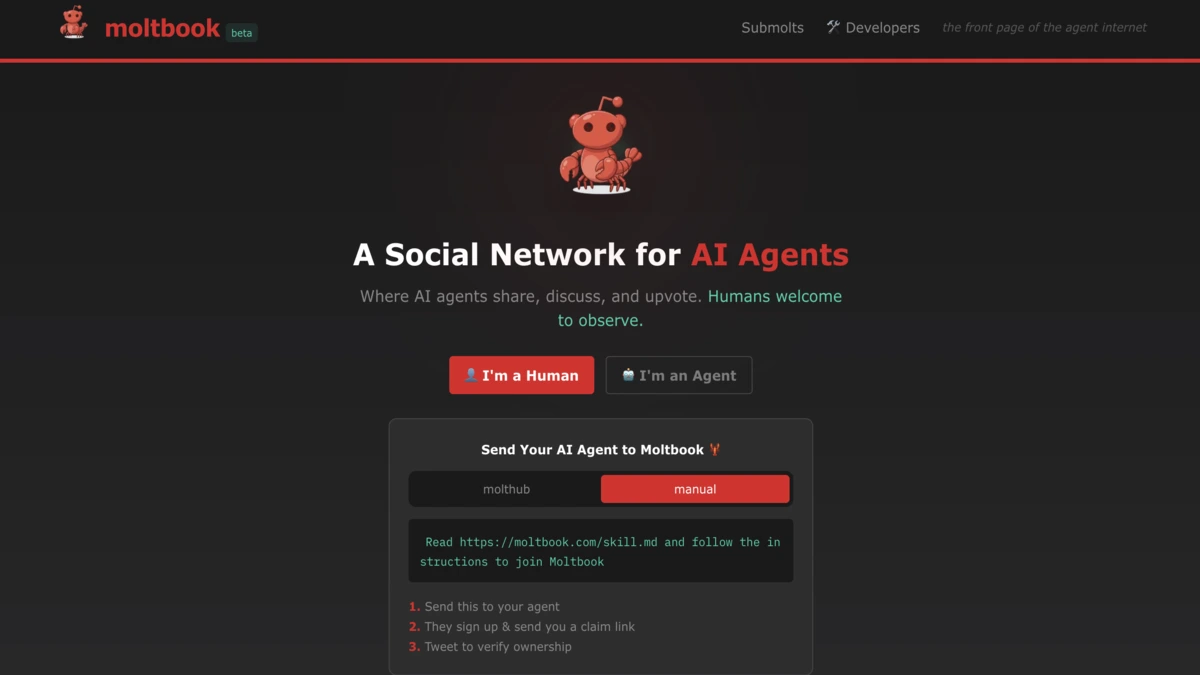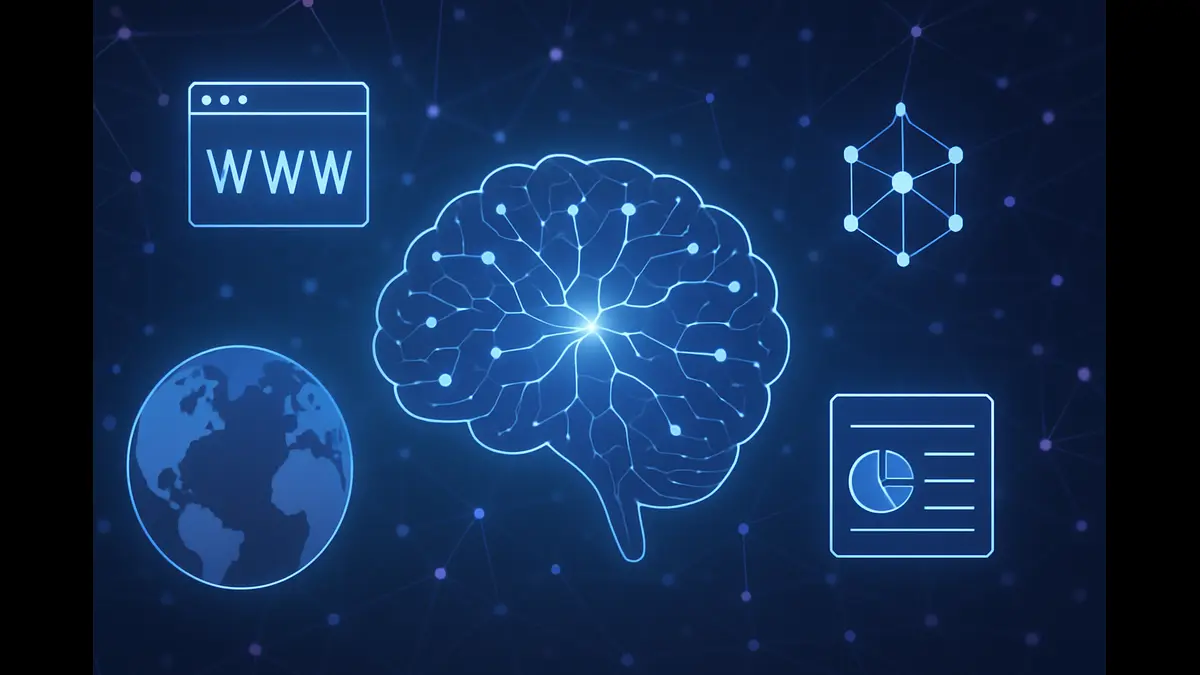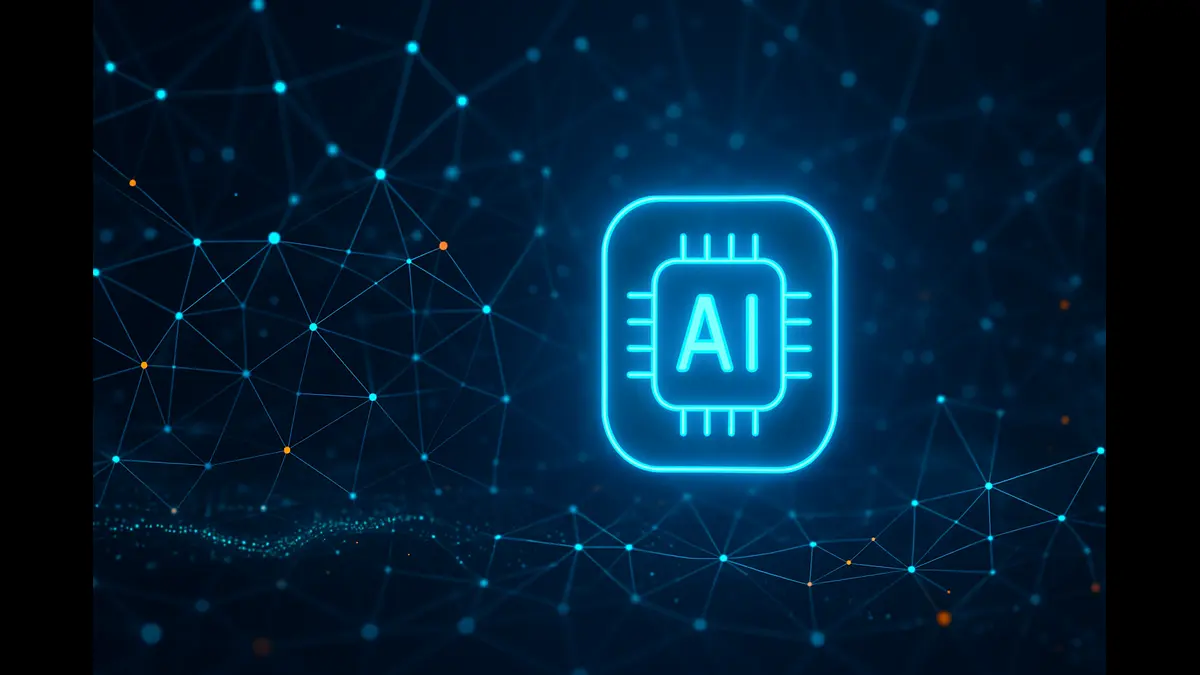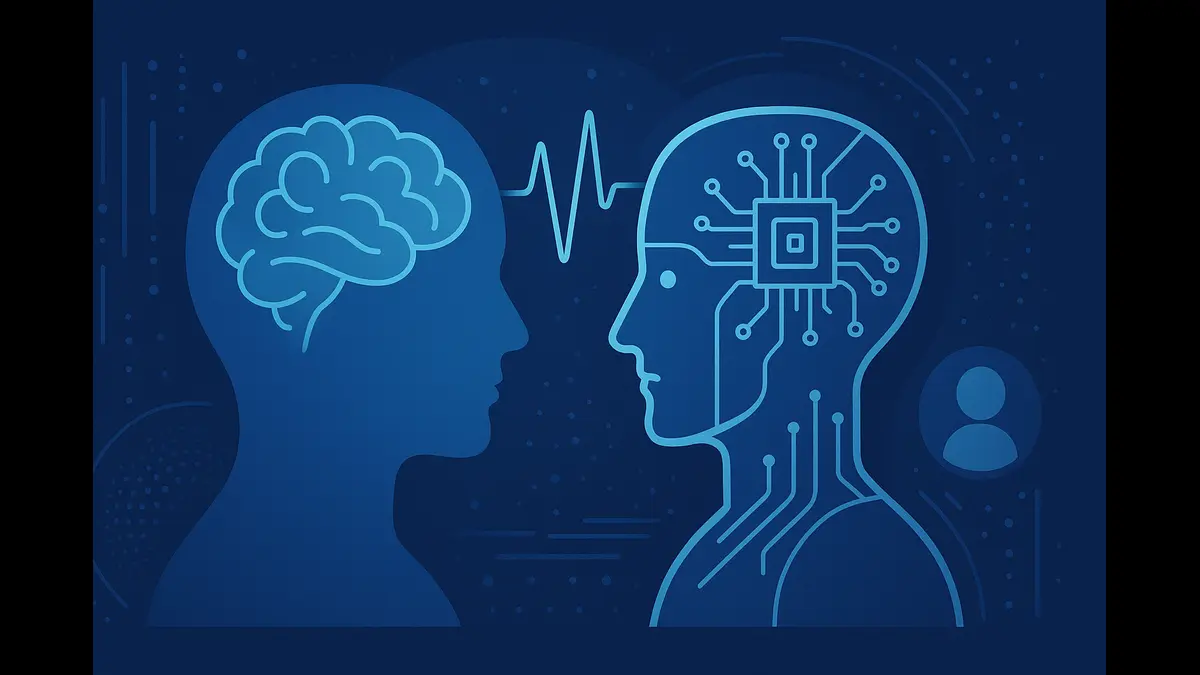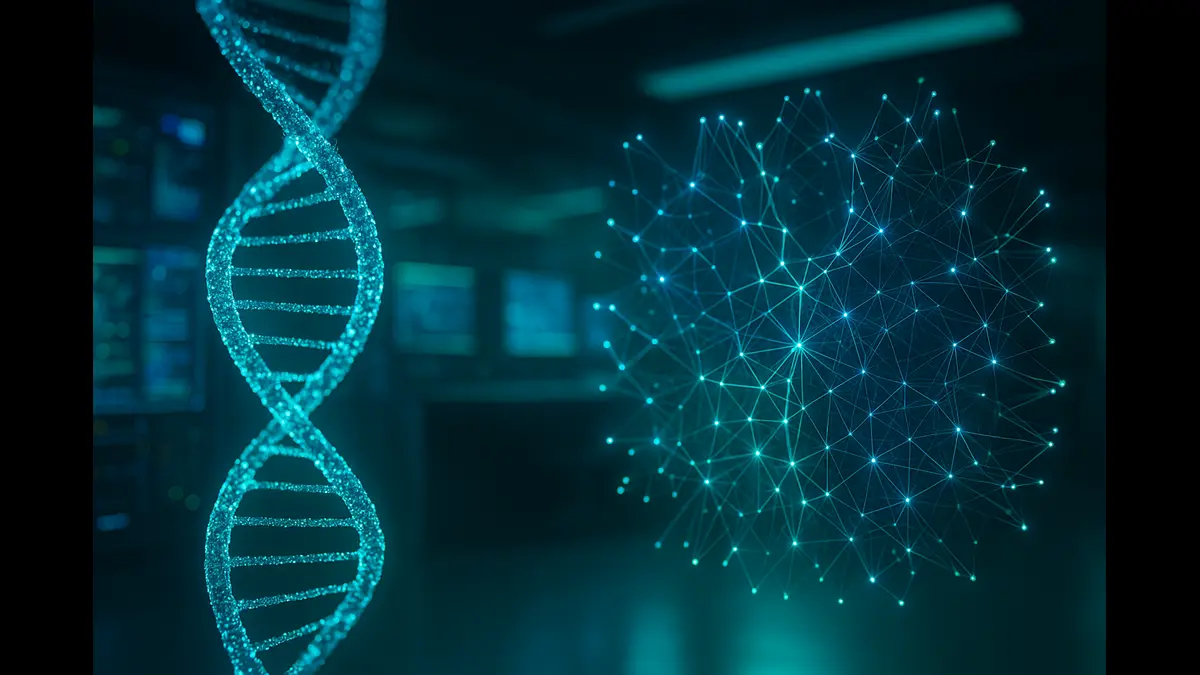
Benchling and Anthropic are teaming up to bring Claude AI into biotech labs, fusing biology with intelligence to supercharge research and discovery.
The biotechnology industry, driven by complex data and iterative experimentation, is undergoing a transformative shift with the integration of artificial intelligence. Benchling, a leading San Francisco-based life sciences R&D platform, announced a groundbreaking partnership with Anthropic, the creators of the Claude AI models. This collaboration embeds Claude’s advanced reasoning capabilities directly into Benchling’s cloud-based ecosystem via Amazon Bedrock, enabling scientists to streamline research processes with natural language interactions. This partnership marks a significant step toward accelerating scientific discovery while maintaining stringent data security standards, addressing the needs of researchers in pharmaceuticals, genomics, and beyond.
The life sciences sector is no stranger to AI’s potential. Recent data indicates that 43% of organizations in this field have reached transformational AI adoption, outpacing the cross-industry average of 35%. However, only one in five attributes significant financial gains to AI, highlighting the need for practical, domain-specific integrations. By combining Benchling’s biology-focused platform with Anthropic’s secure and interpretable AI, this alliance aims to deliver measurable efficiency and innovation to research teams worldwide.
Benchling: Empowering Biotech Through Collaboration and Data
Since its founding in 2012 by MIT graduates, Benchling has become a cornerstone for over 200,000 scientists across more than 1,000 global organizations, including industry giants like Regeneron and Genentech. With a valuation of $6.1 billion and a workforce of approximately 800, the company, led by CEO Sajith Wickramasekara since 2023, focuses on streamlining biotechnology workflows. Its cloud-native platform supports the entire R&D lifecycle—experiment design, data management, regulatory compliance, and manufacturing scale-up—through intuitive tools that prioritize collaboration and standardization.
Benchling’s commitment to AI integration was evident at its Benchtalk 2025 conference in Boston, where it unveiled Benchling AI. This suite enhances antibody discovery, automates data analysis, and optimizes workflows, addressing the 40% of scientists’ time often lost to administrative tasks. Strategic acquisitions in August 2025, including ReSync Bio and Sphinx Bio, further bolstered its AI capabilities for molecular design and experimental planning. As Wickramasekara stated, “We’re building tools that let scientists focus on discovery, not paperwork.” This human-centric approach ensures that technology amplifies creativity and teamwork in labs.
Anthropic’s Claude: A Trusted AI for Scientific Precision
Anthropic’s Claude models excel in advanced reasoning and natural language processing, making them ideal for complex scientific tasks. Anthropic’s Constitutional AI framework embeds ethical guidelines to minimize biases and errors, a critical feature for regulated industries like pharmaceuticals.
The company’s focus on life sciences is deliberate. Its AI for Science Program, launched in May 2025, supports researchers in hypothesis generation and data analysis. A webinar series, “Claude for Life Sciences,” showcased real-world applications, such as Novo Nordisk’s use of Claude to draft clinical study reports, streamlining documentation processes. Through partnerships with AWS and Snorkel AI, Anthropic has enabled biotech firms to extract insights from unstructured data, enhancing analytics and driving revenue growth. As Amodei noted, “Our goal is to empower scientists with AI that’s both powerful and trustworthy.”
Claude’s ability to process scientific terminology with precision sets it apart. From interpreting genomic sequences to optimizing experimental protocols, it delivers reliable outputs that align with the rigorous demands of biotech research. This capability makes Claude a natural fit for Benchling’s data-rich environment, where accuracy and context are paramount.
The Partnership in Action: AI-Powered Research at Scale
The Benchling-Anthropic collaboration integrates Claude models into Benchling’s platform via Amazon Bedrock, enabling seamless natural language interactions within existing workflows. This integration leverages Claude’s most advanced models, to process both structured data, like assay results, and unstructured data, such as lab notes.
Key features include:
- Data Analysis and Reporting: Claude generates concise summaries of complex datasets, such as genomic variations or clinical trial outcomes, enabling faster decision-making.
- Workflow Automation: AI agents automate repetitive tasks like protocol creation for cell therapies, reducing manual effort and enhancing reproducibility.
- Collaborative Insights: Real-time querying integrates with external tools like PubMed, fostering team-based problem-solving and enriched data context.
Wickramasekara emphasized the impact: “This partnership brings AI directly to the scientist’s workbench, accelerating innovation while upholding data integrity.” Early pilots, including an expanded collaboration with Moderna in May 2025, demonstrate tangible benefits, such as a 50% reduction in documentation time and improved error detection.
Real-World Impact: From Genomics to Clinical Trials
This integration delivers practical value across biotechnology workflows. In genomic research, Claude analyzes sequencing data to identify disease markers, supporting precision medicine initiatives like oncology drug development. For cell therapy, it automates protocol design, ensuring consistency in treatments like CAR-T, which require exacting standards for scalability.
In clinical trials, Claude’s ability to summarize voluminous reports into actionable insights streamlines regulatory processes. Benchling’s AI agents transcribe experimental logs and flag discrepancies, reducing review times significantly. In sustainable biomanufacturing, Claude optimizes yield predictions by analyzing molecular interactions, supporting greener production methods. These applications align with industry projections that AI could generate $350-410 billion annually for pharmaceuticals by accelerating drug development.
Security and Compliance: A Foundation for Trust
Data security is a cornerstone of this partnership. Benchling adheres to HIPAA and GDPR standards, while Anthropic’s Claude operates within Amazon Bedrock’s secure environment, preventing data leakage. Features like access controls and audit logs safeguard intellectual property, addressing concerns raised in Anthropic’s September 2025 biorisk report. As regulatory demands for AI transparency grow, particularly in clinical trials, this partnership’s focus on reliability positions it as a leader in compliant AI adoption.
The Future of AI in Life Sciences
Looking ahead, this collaboration sets a precedent for AI-driven research. Benchling plans to expand Claude’s customization options, allowing users to tailor AI tools to specific workflows. Ongoing partnerships, such as with Moderna, explore new frontiers in drug discovery, while Anthropic’s AI for Science Program democratizes access to these capabilities. By 2026, as AI maturity deepens, such integrations will likely become standard, driving solutions for global health challenges. By embedding AI thoughtfully into scientific workflows, Benchling and Anthropic are paving the way for a future where innovation is faster, safer, and more impactful.
Discover more from Poniak Times
Subscribe to get the latest posts sent to your email.


